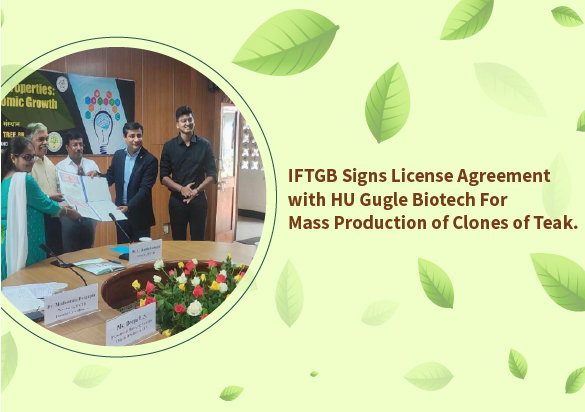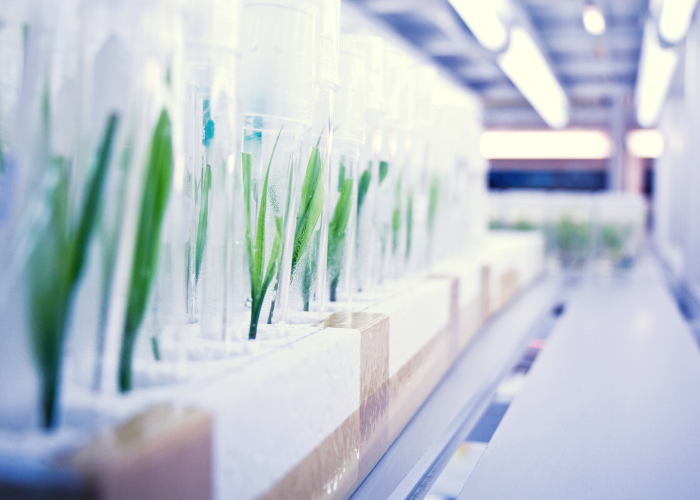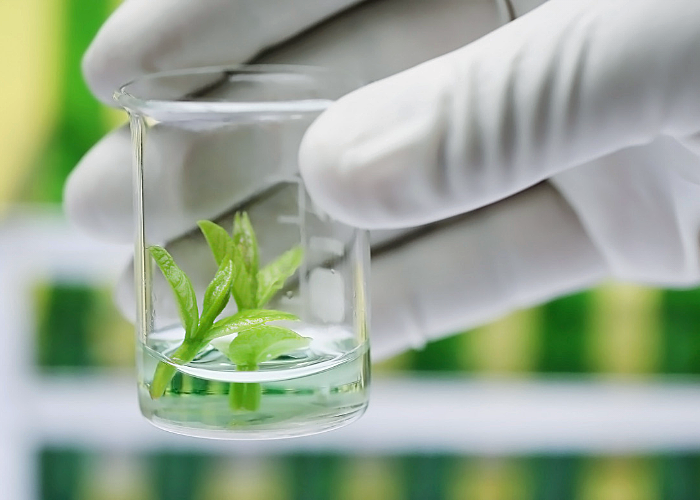Tissue Culture and the G9 Banana
3rd Aug, 2021
RECENT BLOGS

What is Plant Tissue Culture, and how it helps the agricultural sector?
How Tissue Culture is Bringing Sustainability to Agriculture Overview India, today, is one of the fastest developing nations in the world. One of the oldest and most significant sources of employment for the people of India is agriculture, compared to the other sectors. A report said that agriculture and its allies are the largest sources […]
14th Nov, 2022

IFTGB Signs License Agreement with H U Gugle Biotech
H U Gugle Biotech Private Limited (HUG Biotech) is very happy to announce that we have entered into a license agreement with Institute of Forest Genetics and Tree Breeding (IFGTB) Coimbatore for large scale production and supply of elite varieties of Teak Clones. IFGTB is a National Institute formed in April, 1988 under the Indian […]
29th Oct, 2022

What kind of infrastructure do you need for tissue culture?
Given the sensitive nature of biotechnology, tissue culture used in Agro-biotech must be carried out under a controlled environment. This generates the need to follow a schematic that provides aseptic conditions while maintaining growth conditions as well.
11th May, 2021

What is tissue culture and how is it changing the way we do agriculture?
The uses of tissue culture in agriculture and other aspects of the industry have seen its importance rise over the last few years. The different types of tissue cultures employed have yielded anti-inflammatory drugs, artificial seeds, disease-resistant varieties of plants, plant products with better shelf life, etc. The future of tissue culture lies in its effectiveness in agro biotech and research in medicine.
28th Apr, 2021

The Rise of Biotechnology
This science of understanding and effectively making changes at the cellular to the molecular level is astounding, to say the least. Many great discoveries, groundbreaking reports have been associated with this field of experimentation. All of these breakthroughs have resulted in Biotech being one of the most profitable sectors since the year 2019.
21st Apr, 2021
